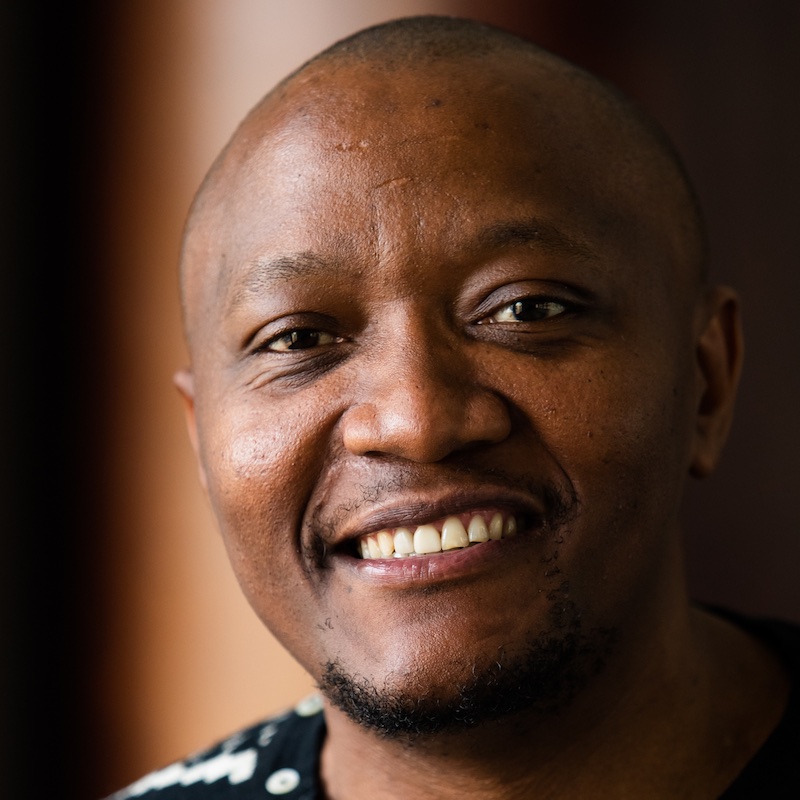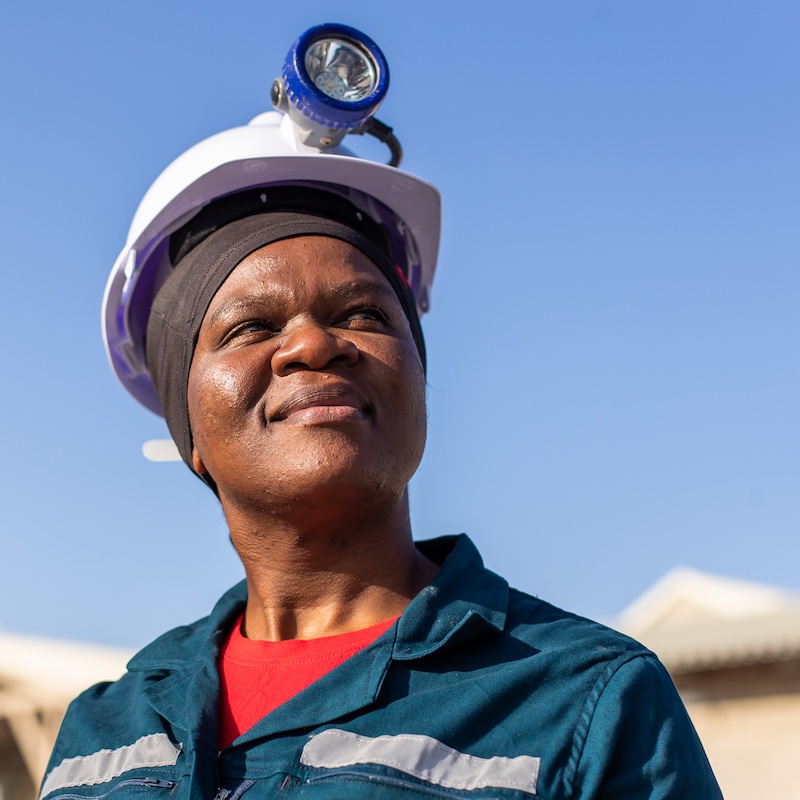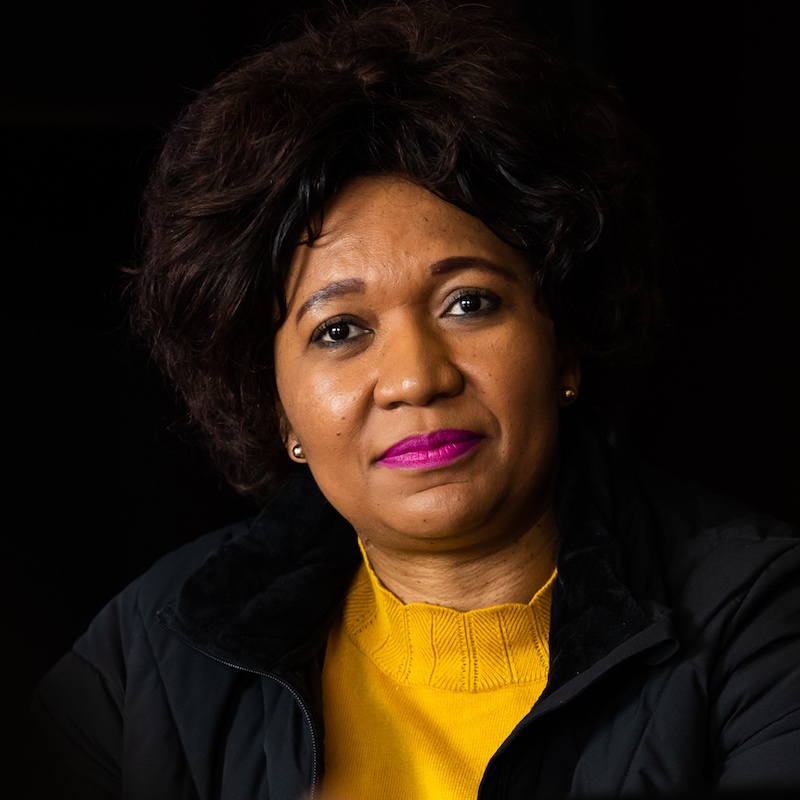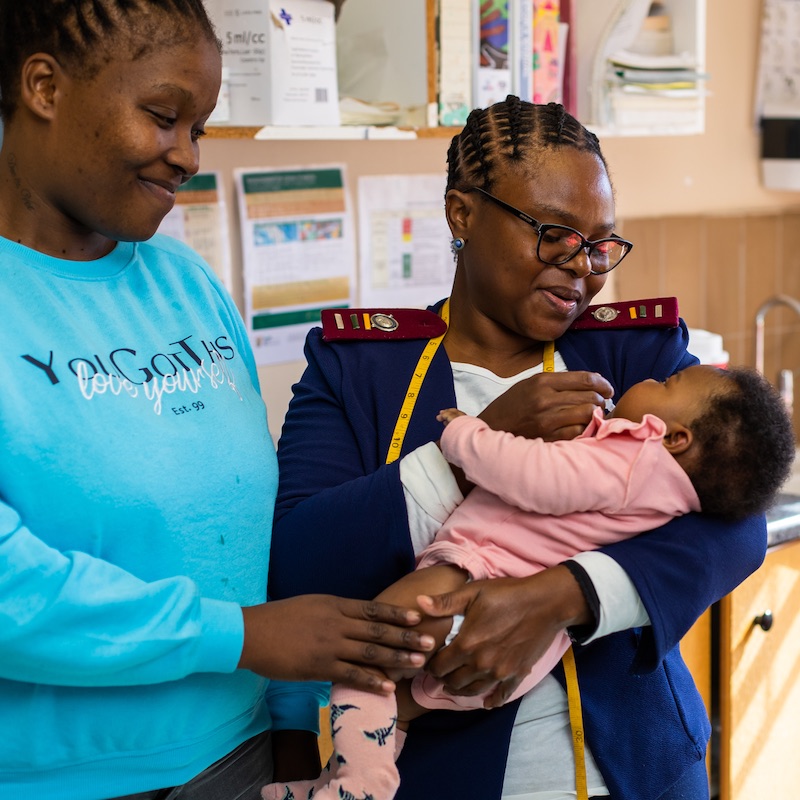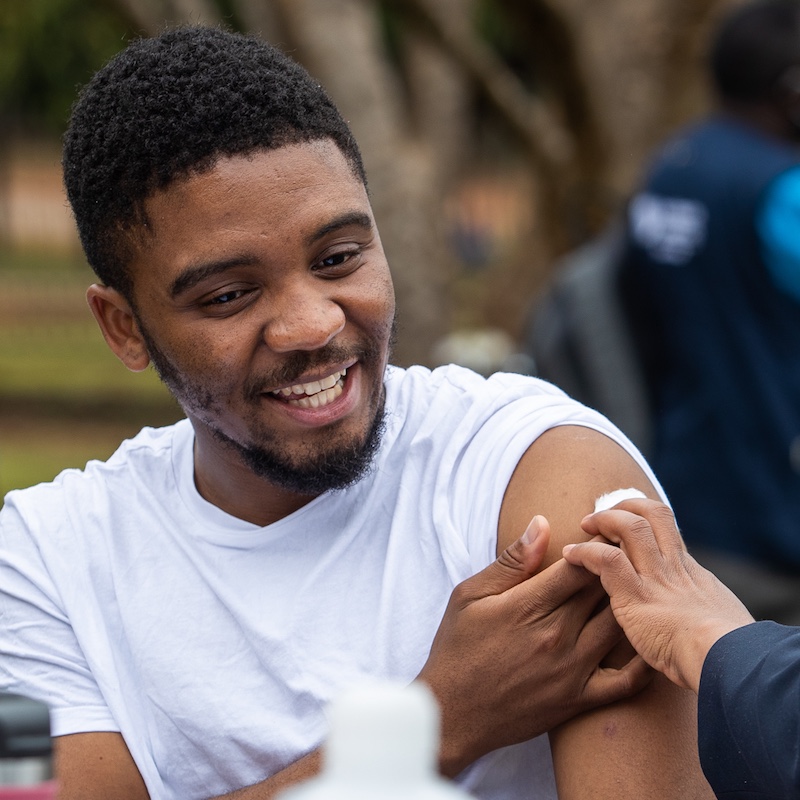-
4 023 732
cumulative COVID-19 cases since 5 March 2020.
-
102 246
deaths due to COVID-19 since 27 March 2020.
-
↓
Month on month decreases since May 2022, following the fifth wave driven by Omicron
South Africa bolsters its COVID-19 response
Pretoria – South Africa has grappled with the continent’s largest share of COVID-19 infections since the onset of the pandemic. Throughout the crisis, the country ramped up pandemic control measures to effectively curb cases and deaths and protect people’s health. In support of South Africa’s efforts, WHO deployed a 35-member expert team to help bolster the response at provincial and district levels.
The expert team comprised epidemiologists, experts in infection prevention and control, vaccination, clinical care, data management, risk communication and community engagement.
Key areas that have been critical in South Africa’s pandemic response include strengthened outbreak control coordination, a decentralized approach which entails deploying epidemiologists to the districts, tailoring response in hotspots, generating local epidemiological data to monitor resurgence as well as rolling out vaccinations at the grassroots. The efforts paid off, with cases, admissions, and deaths declining over the five pandemic waves.
Bloemfontein – Officials in the Department of Health in Free State Province in South Africa beam with pride when talking about their response to COVID-19. Leadership, innovation, and partnerships, they say, have been key to effectively tackling the pandemic and placed the province among those with the highest vaccination coverage in the country.
Initially, the response to COVID-19 was centralized at the provincial level. Districts would gather data on paper, send the numbers to provincial level where officials would analyse it and feedback to the districts, which would then respond to an outbreak accordingly. But the delays in this lengthy process meant that by the time action was taken on the ground, infections were already high and deaths rising. “We realized quickly that this was not going to be sustainable,” says Priscilla Monyobo, World Health Organization (WHO) provincial focal person.
Key pandemic response measures including coordination, epidemiological surveillance, contact tracing, outbreak investigation, data management and analysis, infection prevention and control, community engagement as well as vaccination, were localized to the district level in July 2020. The decentralized approach led to faster outbreak detection and better targeted response. Standardized case investigation procedures were developed for district teams, for example, the time to start investigation was cut to 24 hours down from 72 hours when it was managed at the provincial level. Cluster outbreaks were identified quickly, and districts had a better understanding of the contexts of some of the outbreak trends.
Read moreBandile Ntombela
Information and Technology Director, Free State Department of Health.
Lejweleputswa – South Africa’s mining industry is a major economic contributor. Like much of the economy, it was hit hard by the COVID-19 pandemic, leading to production decline and loss of life. To protect workers’ health, mines have set up preventive measures and are collaborating with health authorities to curb potential widespread infections.
At Harmony Gold Mines in Lejweleputswa district in Free State Province, a robust outbreak management system has helped identify cases in time and promptly referred them for care. Vaccination has also been a success: more than 80% of Harmony’s workers have completed their primary vaccination series and 34% have received a booster dose.
Bukiwe Mangutyana
Mine worker
COVID-19 vaccination in South Africa
Pretoria – South Africa kicked off COVID-19 vaccination in February 2021, initially targeting high-risk populations such as health workers, people aged over 50 years and those with comorbidities. As vaccination ramped up, the country expanded access to vaccination and now the COVID-19 vaccine is available to all people over the age of 12.
WHO has supported the health authorities to design tools and measures to analyze vaccination campaigns and offer recommendations for improvements. In Limpopo Province, for instance, which is among South Africa’s provinces with high vaccination coverage, WHO surge teams designed vaccination registration and monitoring tools to support the vaccination rollout.
To further boost coverage in South Africa, COVID-19 vaccination is increasingly being integrated in primary health care services, so that clients are routinely offered COVID-19 vaccination by a health care provider when visiting a facility for other ailments and conditions.
Lucy Ramongalo
Deputy Director of Standards Compliance, Free State Department of Health.
Xhariep ‒ Vuyelwa Mnyameni fell ill with COVID-19 in June 2020. She remembers vividly how sick she was. “I just hung in there for the kids,” she says, recalling how she had to leave home to quarantine at one of Free State Province’s official sites for 15 days, far away from her family. When the COVID-19 vaccine became available nearly a year later, she was among the first to get it. “I said ‘you know what, the feeling I had last year, I don’t want to be there again’,” she says. “For my body to be well and fight back – I didn’t even waste time in getting it. I was just happy it was there so I could take it.”
She has completed her primary vaccination series and is visiting Mamello primary health care clinic to get her booster dose, as well as her three-month-old baby girl’s scheduled childhood immunization. The mother of two is on maternity leave and will return to her job as an administrative clerk in the district’s main hospital.
Mamello clinic is in a far-flung rural area in the Xhariep District of Free State Province, hours away from the main city. It is a one-stop shop for clients to receive a range of primary health care services, including COVID-19 vaccination. “We deliver all the services to the rural community that are found in a facility in town. We make sure that the rural area is also getting them,” says Ntswaki Lephokwane, a nurse at the facility. “The challenge here is that people are poor so there’s not much you can do about that, but by at least taking care of their health – that is something.”
Vuyelwa Mnyameni
Client
Limpopo - One of the strategies that has boosted South Africa’s COVID-19 vaccination drive involved decentralizing the rollout to the grassroots. Provincial health authorities deployed teams to communities to ensure an increased upkate of the vaccine.
The mobile health teams are part of a broader strategy by the country to curb COVID-19 infection. In addition to the vaccination, the teams also provide other services such as HIV testing, TB screening, cervical cancer screening, minor ailments, and advice on nutrition.
“Limpopo Province has administered more than 3.6 million doses of the COVID-19 vaccine and we have covered up to 54% of the adult population with at least one dose of the vaccine,” says Dr Tumiso Malatji, COVID-19 lead in the Limpopo Provincial Department of Health. Everyone has rolled up their sleeves, including community leaders, partners, and the province’s top leadership.
Masegare Isack Shai is a community leader in the town of The Willows in Mopani District. As he is the age of 60, he was one of the first to vaccinate. “We were leading by example and telling the people we are vaccinated – you can’t die, you can’t get hurt,” he says of himself and his fellow community leaders.
Everyone agrees that leadership has come from the top. Dr Phophi Ramathuba, MEC for Health in Limpopo Province, has been at the coalface, administering vaccines and building trust and confidence in the vaccine. “I must provide political leadership. And political leadership is to walk the talk,” she says.
Leading COVID-19 vaccination in South Africa
Tzaneen ‒ Westfalia Fruit Estate is located on the outskirts of Tzaneen, in the north-western region of Limpopo Province, South Africa. The farm’s quiet exterior belies its significance in South Africa’s agricultural industry. It is the biggest avocado producer in the country and exports this sought-after fruit to places its farm workers have only seen on cinema screens.
Inside, the farm is abuzz with activity. Today the district’s department of health has set up mobile health services on a lawn just outside the main production area. A wide range of primary health services, including COVID-19 vaccination, is being offered to the workers. They are queuing for vaccination, HIV tests, pap smears, minor ailments and can even consult with a dietician.The makeshift tents are arranged in a flow akin to a brick-and-mortar clinic, making health services easily accessible to the farm’s thousands of seasonal workers.
Wilson Molekoa is a food production manager at the farm. Originally an engineer from South Africa’s political capital city, Pretoria, he has come to appreciate the rhythm of farm life. “It’s humbling being out here in nature. Being a city boy, farm life has shown me the importance of preserving our natural world,” he says.
Wilson Molekoa
Food production manager



